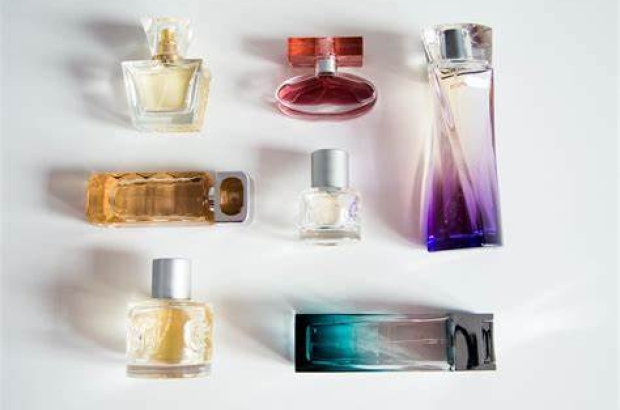- Daily & Weekly newsletters
- Buy & download The Bulletin
- Comment on our articles
Harmful substances found in popular European perfume brands
Perfumes widely sold in Belgium, the Netherlands and Denmark contain many harmful chemical substances, according to research carried out by three different organisations, including the Belgian Kom op tegen Kanker (Fight Against Cancer).
In a report titled 'What's that smell: problematic chemicals in perfume', the organisations said current legislation did not sufficiently protect consumers from being exposed to harmful chemicals through perfumes and other perfumed personal care products.
In 20 perfumes from well-known brands like Giorgio Armani, Dior, Hugo Boss, Lancôme and Zadig & Voltaire, researchers found 26 problematic chemical substances associated with hormone imbalance, reduced fertility, allergies and environmental damage.
“Long-term exposure to endocrine disruptors, even in low doses, can contribute to the development of some breast cancers. Therefore, it is crucial to be exposed to these chemicals as little as possible,” said Ann Gils, director of prevention and early detection at Kom op tegen Kanker.
“There is an urgent need at the Belgian level to implement the 18 preventive, regulatory and research actions described in the National Action Plan on Endocrine Disruptors,” she added.
The study selected the 20 perfumes based on popularity and compared the ingredients with lists of worrying substances from the Danish government and the European Commission, among others.
Chemicals that cause hormonal imbalance
Ethylhexyl methoxycinnamate, which is associated with hormonal imbalance, was found in several perfumes. This substance also doesn’t break down easily in the environment, which is why it’s found in drinking water all over the world.
Butylphenyl methylpropional was found in one perfume by Hermes, Twilly d'Hermès’ eau poivrée eau de parfum.
“Butylphenyl methylpropional is not only an endocrine disruptor but also reproductively toxic, which means that it can make you infertile or can lead to abnormalities in the development of the foetus or embryo,” said Annelies den Boer, chairwoman of the Dutch organisation Stichting Tegengif (Antidote Foundation), which was also involved in the study, along with the Danish consumer association.
Their report explained that long-term exposure to endocrine disruptors, even in low doses, may contribute to the development of some breast cancers.
The three organisations said they were concerned about the cumulative exposure to these chemicals through skin care products, cosmetics and perfumes. Many consumers use between 12 and 16 personal care products per day, which can expose them to more than 160 chemicals, including endocrine disruptors, on a daily basis.
Tips for mitigating exposure
The report included tips for mitigating exposure to the harmful chemicals, including reserving perfume only for special occasions and taking care to spray it only on clothing and not skin.
They also suggested using only care products with the EU Ecolabel, as substances with endocrine disrupting properties are no longer permitted in such products since October 2021.
Lastly, the report recommended apps like Yuka, which allow users to scan products and be given ingredient lists in order to make informed decisions about the products they use.
The other organisations involved in the study were Stichting Tegengif (Antidote Foundation) from the Netherlands and the Danish consumer association.
Photo: Stock image of perfume bottles



















